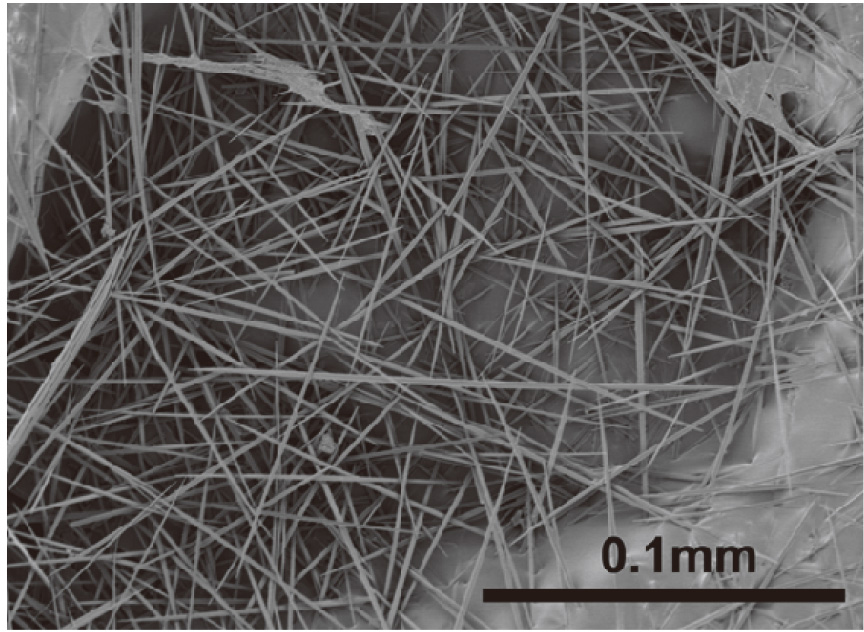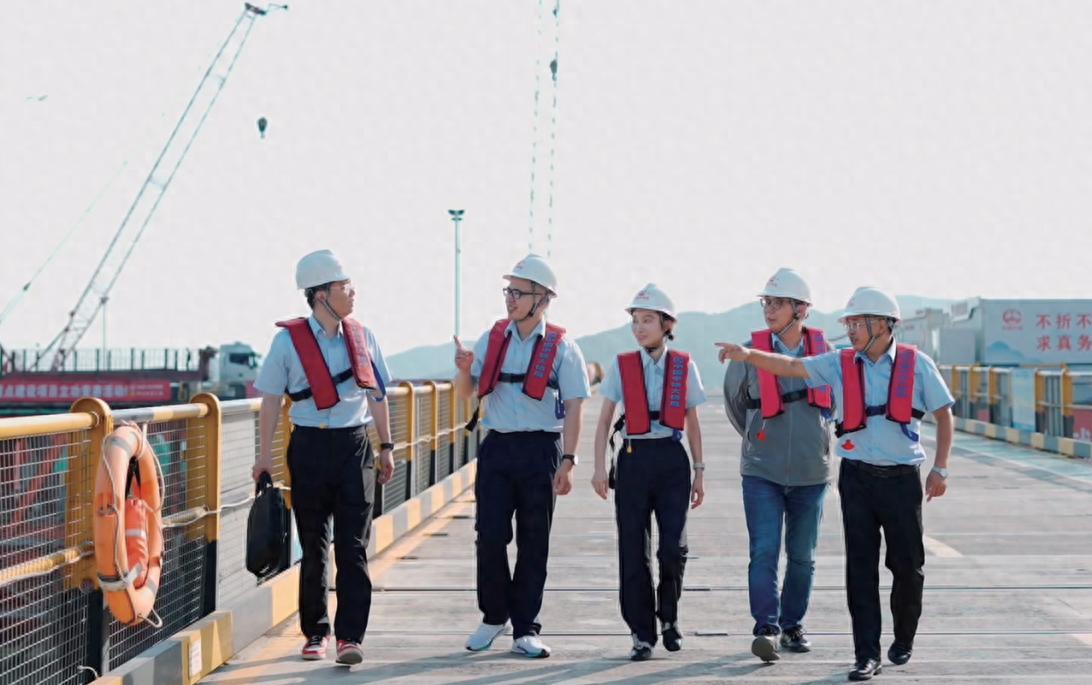几天前,新冠疫情在美国出现首例时,我心里有一个假设,如果它在美国大规模地爆发,中国精英会怎么反应?当然,这只是个假设,我希望每一位美国朋友都平平安安的。
如果新冠疫情在美国大规模爆发,我应该会收到中国政府一些部委的咨询邀约。他们一般会问,智库怎么看美国疫情?中国应该如何应对?我敢对上帝发誓,我的研究报告建议应该是,分享过去两个月中国的抗疫经验与医疗数据,尽可能地帮助美国社会,提升美国民众对中国的全面认识,借此扭转两年来几乎失控的中美关系,等等。
我还敢保证,绝大多数中国智库都会往“借疫情促进中美合作”的角度去思考问题。中国政府决不会限制美国人入境,不会立刻撤回驻美外交官,不会扩大美国的疫情等级。中国舆论中决不会有官员或某位社会精英公开讲,“美国疫情爆发会有利于中国制造持续强盛”、“美国是疾病孵化器”、“新冠病毒是华盛顿某个实验室的生化武器”、“美国是真正的美洲病夫”,“希望美国共和党人统统染上新冠病毒”, “脆弱的美国”,更不会有中国人在街上遇到美国人时会打骂、羞辱。
很遗憾,在上月中国疫情大规模爆发时,以上那些话与事在美国都发生了。美国是第一个提升中国疫情警报等级、撤回驻华外交官、限制中国人入境的大国;在美国街头,曾出现数起羞辱亚裔的事件。
有时美国舆论很健忘,我不得不复述:
1月30日,美国商务部长罗斯说“疫情有助于加速工作机会回流美国”;
2月2日,美国参议员汤姆•科顿说“新冠病毒是武汉实验室泄露的生化武器”;
2月3日,美国智库学者沃尔特•米德在《华尔街日报》刊文“中国是真正的亚洲病夫”;
2月8日,美国投资人凯尔•巴斯恶毒诅咒“让中国病毒横扫共产党的其他人”;
2月11日,特朗普白宫顾问彼得•纳瓦罗将中国形容为“疾病孵化器“;
2月17日,彭博商业周刊封面主题就是“脆弱的中国”。
至于蓬佩奥,唉,我不愿意摘录他那些“逢华必骂”的话,在中国人眼里,他是一个坏人。多记他的话,会让我恨美国,但我不愿意那么做。
我真的不希望美国爆发新冠疫情。过去两个月,我的很多朋友、亲人奋战在抗“疫”第一线。看到死亡数字上升,我非常担心他们。因为每一个数字背后都是一个家庭与许多亲友们的痛苦与泪水。我祈祷这样的悲剧不要在美国再发生,更祈祷中国尽快彻底战胜疫情。
某些美国精英们,我希望你们多有一些同理心,不要趁人之危,不要当伪君子,也不要把你们一贯推崇的民主、自由、人权的美德在中国人的身上实行双重标准。在大灾难、大传染病、气候变化面前,每一个国家、每一个家庭都不能幸免于难,中国、美国以及所有的国家需要团结起来,超越个人利益。即便你们不愿意从国际合作层面去考虑问题,不愿帮助别人,至少不应该诅咒、挖苦、嘲讽、贬低那些身处危难中的人吧。你们说呢?
中国政府、中国民众都在自己认为正确的道路上追求着民主、自由、人权,没有人能阻止,也没有人愿回头。更重要的是,中国人对世界未来的理解已上升到了“人类命运共同体”的高度。
在这篇专栏里,我要特别感激给中国抗“疫”喊加油的美国民众、为中国抗“疫”捐赠的美国企业。如果美国疫情继续恶化,我相信,也会有中国民众、企业站出来尽可能地帮助美国社会。
时代变了,让那些狭隘的民族主义者言论都丢进故纸堆吧!希望这次新冠疫情真能给中国与美国的新合作提供启示、创造机会。
Virus fightoffers cooperation opportunities
When the US reported its first case of the novel coronavirus late last month, I thought a lot about how Chinese elites would react if a large outbreak takes place in the US. It’s a hypothetic question and I hope every one of my American friends remain safe.
If there is a large-scale coronavirus outbreak in the US, some Chinese government agencies will come to me for advice. They will want to know how US think tanks will view the epidemic? How should China respond to an outbreak in the US?My suggestion would be to share China’s virus fight experience and medical data collected over the past two months to help defeat the virus and enhance the American public’s understanding of China. I believe this would go a long way in bringing bilateral ties back on the right track, after they all but spiraled out of control over the past two years.
I believe most Chinese think tanks would try to strengthen China-US cooperation by seizing the opportunities presented by the epidemic.The Chinese government will not recall diplomats based in the US.
Similarly, the Chinese public, officials and elites will not make public statements such as, “The outbreak of the epidemic in the US will help China’s manufacturing prosper,” or “The US is the incubator of virus,” or “The coronavirus is a biochemical weapon released from a laboratory in Washington,” or “The US is the sick man of America,” or “Let the virus rampage through the ranks of the Republicans,” or “A fragile America.” The Chinese people will not beat or insult Americans they encounter on the street.
Regrettably, all the above-mentioned hyperbole and scenarios occurred in the US when China was the first to suffer from a large-scale outbreak of the virus. The US was the first major power to announce a highest-level warning telling citizens not to travel to China. It was the first to evacuate diplomats from China, and the first to deny entry of non-US citizens travelling from China. Americans are routinely seen insulting Asians – no matter their nationality – in public places.
Sometimes US public opinion has a memory like a sieve, so I have torepeat these remarks: On January 30, US Commerce Secretary Wilbur Ross said that the epidemic in China will help “accelerate the return of jobs to North America.” On January 31, US Senator Tom Cotton suggested that the coronavirus originated in a “biosafety level-four super laboratory” in Wuhan. On February 3, the Wall Street Journal published a commentary written by US think tank scholar Walter Russell Mead entitled “China Is the Real Sick Man of Asia.” On February 17, “Fragile China” was highlighted in the cover story of Bloomberg Businessweek. And White House advisor Peter Navarro once called China a “disease incubator.”
As for US Secretary of State Mike Pompeo, I’m unwilling to reiterate his anti-China remarks. Many Chinese see him as a truly negative character. Remembering his words might make me hate the US and I am loath to do that.
I hope an epidemic won’t break out in the US. Over the past two months, many of my friends and relativeshave been on the frontlines fighting the coronavirus in China. With the number of deaths still rising, I continue to be extremely worried. Behind every statistic hides a family’s pain and tears.
I do wish US elites would be more empathetic and far less hypocritical. They need to stop applying a double standard over the virtues of democracy, freedom and human rights which they have always respected. In the face of disasters, pandemics, and climate changes, no country or family can survive on its own – China, the US, and all other countries need to join hands and stop focusing only on their self-interests.
US elites who don’t believe in international cooperation, should at least stop cursing, sneering, and belittling people who are suffering. Is that really too much to expect; too big of a request?
The Chinese government and people are pursuing democracy, freedom and human rights on a path they believe is correct. No one can stop us, nor change our course. More importantly, the Chinese people have reached the realization that we must build a community of a shared future for all.
I would like to express my appreciation to Americans and US companies who have shown solidarity with the people of China and provided humanitarian supplies and made donations to China. I believe Chinese people and companies will return the favor if a large-scale outbreak strikes the US.
The times are changing. Let’s toss narrow-minded hurtful rhetoric in the garbage heap of history. If there is an upside to the novel coronavirus epidemic, it could be to inspire and create new opportunities for cooperation between China and the US.
The author is professor and executive dean of Chongyang Institute forFinancial Studies at Renmin University of China, and executive director of China-US People-to-People Exchange Research Center. His latest book is Great Power’s Long March Road.
限 时 特 惠: 本站每日持续更新海量各大内部创业教程,一年会员只需98元,全站资源免费下载 点击查看详情
站 长 微 信: lzxmw777






